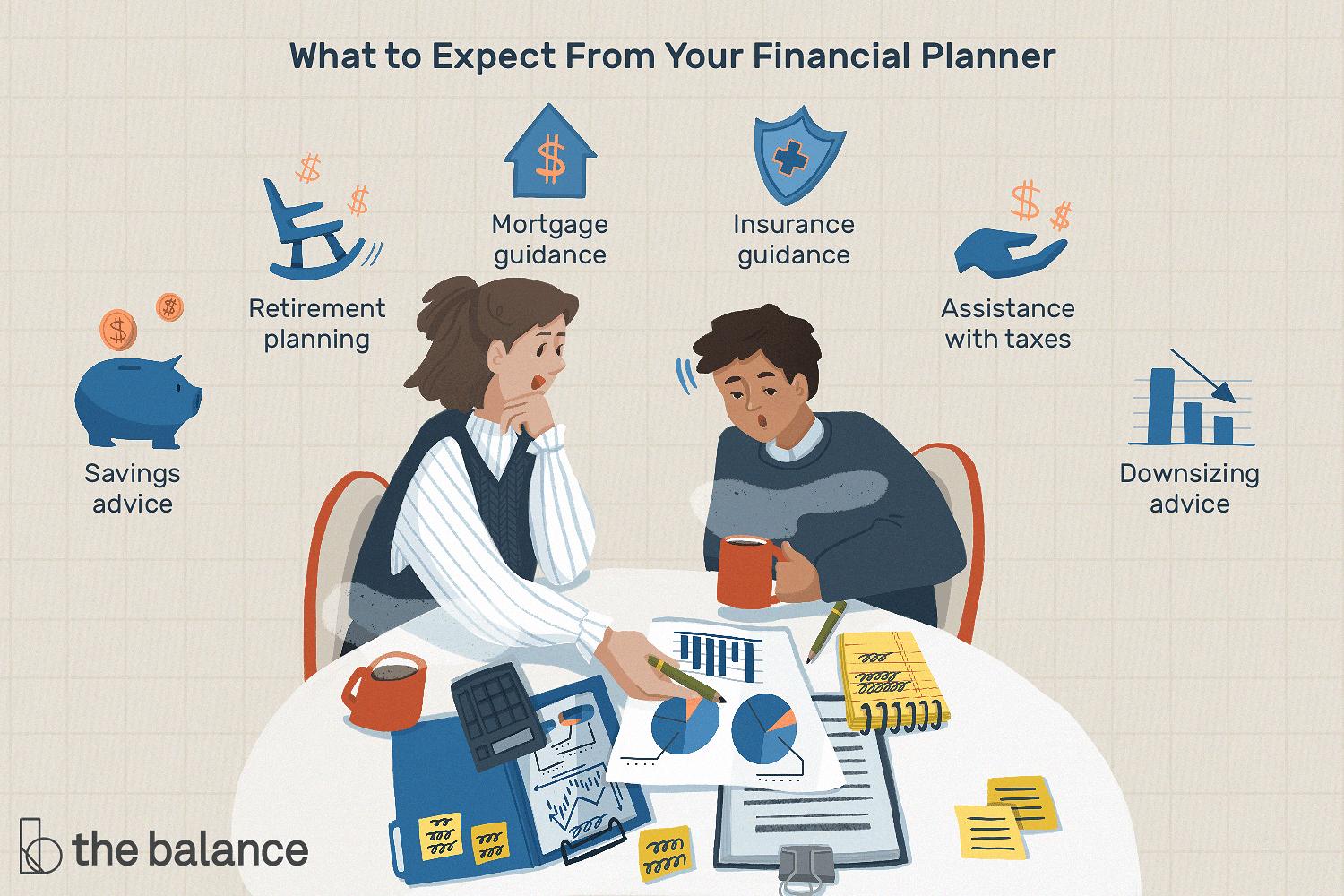
A summary section in a nonprofit business plan describes what changes your organization wants to make. This section will outline your mission, vision, goals, and any problems you plan to solve. This summary serves as an overview for the rest of your plan. It should also include your financial information and your costs.
Executive summary
An executive summary should be included in a non-profit business plan. It should outline the mission, goals and strategy of the nonprofit. It should also outline the target audience and identify the marketing strategies. It should include future plans and the current financial situation. The section should also include information about the team members. This section should contain the names of key personnel and members of the board.
An executive summary for a nonprofit business plan should describe the organization's day-to-day operations, staff and facilities. It should also outline the number of employees, pay structure, and types of positions. It should also describe the hiring plans for future employees.
Section for teams
The team section in a nonprofit business planning should detail the organization's structure. It should also include information about paid staff. Provide details on training and other requirements of team members. Mention future hiring plans and temporary staffing options as well. Include yourself. In addition to explaining your role in the organization, describe your personal goals and qualifications.

You may include a marketing plan depending on the purpose of your non-profit. It is important to identify your target audience and use four Ps to market the organization. Particularly, it is important to determine how to attract donors. In addition, your marketing plan should include customer and donor retention.
Costs
The costs of running your nonprofit business plan must be included in the nonprofit business plan. This section should include information about the direct costs such as salaries and expenses for facilities and insurance. It should also include expenses for website maintenance, phone bills, and other costs. It's a good idea also to include future cash flow statements and income sheets.
A statement of activities is an important part of a nonprofit's business plan. It shows how much money the nonprofit makes from its activities. This statement should provide a breakdown and revenue breakdown for the first, second, and third years.
Market analysis
Market analysis is one of the most important aspects in creating a nonprofit business plan. An environmental scan is also known as market analysis. It involves researching the market to determine the needs of the target audience, and how the enterprise will address those needs. Without sufficient market knowledge, mission and vision won't be realized. A market analysis should include a summary of the market, competitors, value proposition, and product or service.
Your nonprofit business plan's market analysis section should provide projections that are based on market data. It should also include descriptions of your target market and competitors. It should also outline the goals and outcomes of the nonprofit. A successful plan should also include a detailed operational plan. This describes how the nonprofit will execute activities and evaluate the effectiveness of the program.

Organisational structure
The nonprofit business plan's organizational structure should describe the organization's structure as well as the goals, objectives, and mission. The business plan should describe the purpose of the nonprofit and what market it will serve. It should also outline how the nonprofit's products or services will benefit the clients and the community. The non-profit business plan must also identify its board members as well as its management team. It is best to create an organizational map for this purpose.
A nonprofit will often have a board or leadership team. A for-profit will typically have volunteers and a coordinator. It does not matter what size the organization is. However, it must define its organizational structure clearly and describe its key management personnel. In other words, identify who will be responsible for each department and their job descriptions.
FAQ
Can anyone be a consultant?
A consultant is someone who helps you achieve your goal by providing advice on how to do something better, faster, cheaper, etc.
Consulting can be a great way to solve problems, make informed decisions, and work with others.
For specific tasks or projects, consultants are often hired.
In fact, most consultants are paid hourly or daily rates rather than per project.
What qualifications do you need to be a consultant?
It's not enough just to have an MBA degree; you must also demonstrate experience working as a business consultant. Two years experience should be gained in consulting or training for a major corporation.
You will need to have worked closely alongside senior management teams in order to develop strategy projects. This will require you to be comfortable sharing your ideas with clients and getting their buy-in.
You'll also need to pass a professional qualification exam such as the Chartered Management Institute's Certified Management Consultant (CMC) certification.
How do I start an LLC consultancy business?
You must first figure out what you want to do as a service provider. Then you need to make sure you are qualified for those services. It might also help to find someone who already does what you want to offer and see how they operate.
Once you have a clear idea of what you are offering, you can start to identify your target market. If you don't have enough, you might need to create them.
Next, you will need to decide if you want to start your own business or hire others.
The state may also permit you to open your own consulting company. However, it requires some paperwork and fees.
What happens when the consultant finishes the job?
After the consultant completes his/her work, the final report will be submitted detailing the findings of their work. This report contains all relevant information, such as project timelines and deliverables.
After that, you'll go through the report and decide if it meets your expectations. If not, you can either request changes or terminate the contract.
Do I really need legal advice?
Yes! Yes. Consultants can often create contracts with clients, without seeking legal advice. This can lead to issues down the road. For example, what happens if the client terminates the agreement before the consultant's completion date? Or what happens if a consultant fails to meet the deadlines in the contract?
To avoid any potential problems, it is best to consult a lawyer.
What kind of contracts can consultants sign?
Most consultants sign standard employment deals when they're hired. These agreements specify how long the consultant will be working for the client and what he/she will be paid.
Contracts specify the area of expertise that the consultant will specialize in and the amount they will be paid. One example is that the agreement may specify that the consultant provides training sessions and workshops, webinars, seminars, or other related services.
Other times, the consultant simply agrees to complete specific tasks within a specified timeframe.
Many consultants sign independent contractor arrangements in addition to standard employment contracts. These agreements allow the consultant to work independently but still receive payment for his/her efforts.
Statistics
- According to IBISWorld, revenues in the consulting industry will exceed $261 billion in 2020. (nerdwallet.com)
- According to statistics from the ONS, the UK has around 300,000 consultants, of which around 63,000 professionals work as management consultants. (consultancy.uk)
- So, if you help your clients increase their sales by 33%, then use a word like “revolution” instead of “increase.” (consultingsuccess.com)
- WHY choose me: Why your ideal client should choose you (ex: 10 years of experience and 6-week program has helped over 20 clients boost their sales by an average of 33% in 6 months). (consultingsuccess.com)
- On average, your program increases the sales team's performance by 33%. (consultingsuccess.com)
External Links
How To
How can I start a consultancy business with no money?
You can easily start your own consultancy business with no capital investment.
In this tutorial, you'll learn how to make money online while working from home, improve your skills, earn some extra cash, and become successful.
These secrets will help you generate traffic on demand. This is especially important when people are looking for something specific.
This is known as 'Targeted Traffic. This is how this method works...
-
Choose the niche that you are interested in.
-
For solutions on Google, it is important to research the keywords that people use.
-
These keywords are the basis of your content.
-
Post your articles on article directories.
-
Promote your articles using social media.
-
Create relationships with experts in this niche.
-
Be featured on these blogs or websites.
-
Sending emails can help you grow your email list.
-
Start making money.